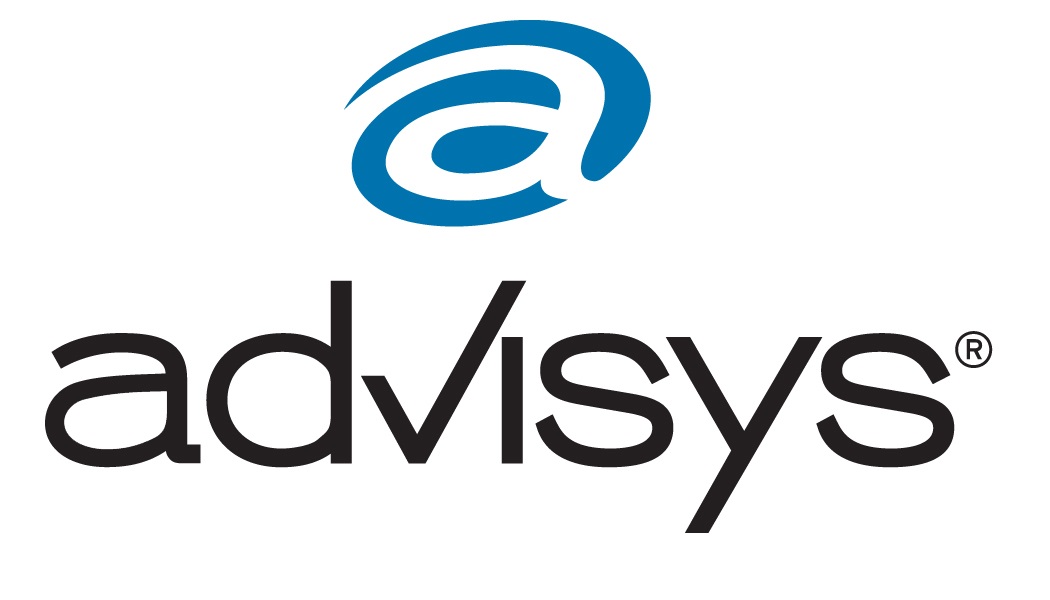Up to your neck in debt?
Do you find yourself juggling multiple bills and wondering how to make ends meet? Here is some advice to help control your debt.
Are you afraid to open your bills? Do you juggle bills, paying Paul one month and Peter the next? Do you make only the required minimum payment? Do you have to pay for basic necessities like food, rent, or gasoline on credit because you're out of cash?
If some or all of these apply to you, it's a good bet you've taken on too much debt.
Initial steps
Many of us have to deal with a financial crisis at some point in our lives. Whatever the cause, there are ways to overcome these financial problems. Often the first step is to recognize that there is a problem. Then you can begin to take action to solve it.
- Create a budget: One key step is to automatic payment plan from your checking or savings account can help establish how serious you are about paying your bills.
- Check for mistakes: Your bills or credit report could contain errors that, once corrected, could provide some partial relief.
Lower the cost of debt
Lowering the cost of debt is another way to improve the situation:
| Method | Description | Comments |
|---|---|---|
| Refinance High-Cost Loans | Lower interest rates may allow you to refinance an existing loan and lower your payment. | Mortgages: Generally, the interest saved must be greater than the cost of acquiring the new loan. Credit cards: You may be able to move balances from one card to another, to take advantage of introductory rates. |
| Consolidate Loans | Taking a number of high interest rate debts (often credit card debt) and replacing them with a single loan, often secured by the borrower's home or auto. | If payments are not made on the new loan, the lender often can seize the asset securing the loan. |
| Reposition Assets | Using existing assets such as cash, jewelry, or securities to pay down or pay off debt. Loans with the highest interest rates should be paid off first. | There may be negative tax implications if an asset with long-term appreciation is sold. Be sure you keep adequate liquid reserves to cover any future emergency. |
Outside help
Many credit counseling agencies are available to help consumers who find themselves in financial trouble. Not all of these agencies work in a consumer's best interest. A reputable credit counseling agency has counselors trained in budgeting, credit, and debt management. A good counselor works closely with you to develop a personalized plan to resolve your individual debt problems.
- Debt management plan: A debt management plan, or DMP, may be recommended by a credit counselor. In a DMP, you make monthly payments to the credit counseling agency, which then uses your money to pay your unsecured debts in accordance with an agreement between you and your creditors. DMPs are not for everyone and may have restrictions which are unacceptable to some consumers.
- Debt negotiation: For a fee, debt negotiation firms offer to "negotiate" settling a debt with a creditor, often for 10% to 50% of the amount owed. These programs can be highly risky and can have a negative, long-term impact on your credit rating. The IRS may consider any debt forgiven as taxable income.
- Credit "repair" firms: Companies or agencies that offer or promise to "repair" your credit record should be regarded as scams. The passage of time and a regular history of repaying your debts are the only way to truly "fix" your credit report.
A last resort – personal bankruptcy
If your debts are truly overwhelming, personal bankruptcy is a drastic option of last resort. Bankruptcy is a court-supervised process in which a debtor either has his debts eliminated (Chapter 7) or a plan is arranged which allows debt repayment under the supervision of the bankruptcy court (Chapter 13). Certain debts, such as most taxes, child support, and alimony, cannot be "discharged" through bankruptcy. Federal law requires a debtor to undergo credit counseling before filing bankruptcy and to complete debtor education before bankruptcy can be finalized. Competent legal advice is highly recommended.
- Chapter 7: Also known as "liquidation", Chapter 7 effectively erases your unsecured debts. With the exception of certain "exempt" property1, other assets that you own, such as your home, jewelry, or artwork, may be sold and the proceeds used to pay your debts. Not everyone qualifies for Chapter 7 bankruptcy; if you have a regular income that exceeds certain limits, you may be required to file Chapter 13. A Chapter 7 bankruptcy remains on your credit record for 10 years.
- Chapter 13: Also known as "wage earner" bankruptcy, Chapter 13 allows you to propose a plan to repay your debts over a three to five year period. To qualify for Chapter 13, you need a steady source of income and your debts must not exceed certain dollar limits. A Chapter 13 bankruptcy remains on your credit record for 7 years.
- Online resources: See the website of the Department of Justice, U.S. Trustee, at https://www.justice.gov/ust.
1Return to reference The amount and type of exempt property can vary with state law.





